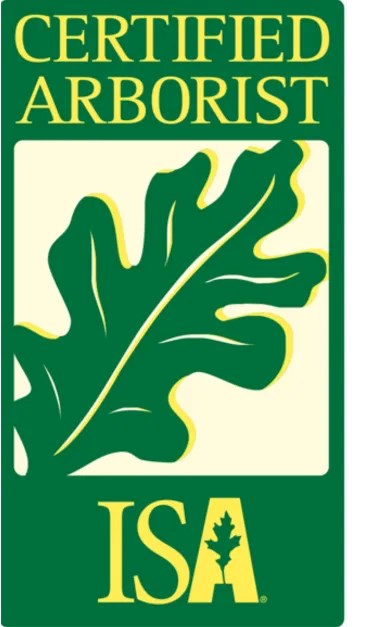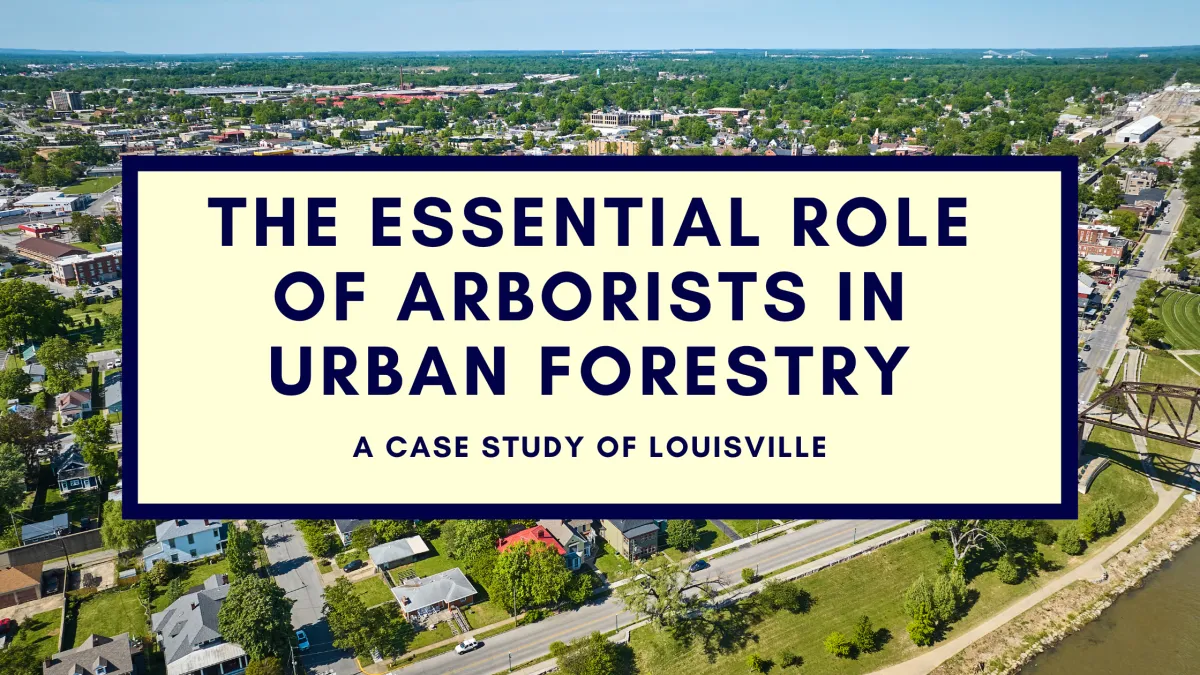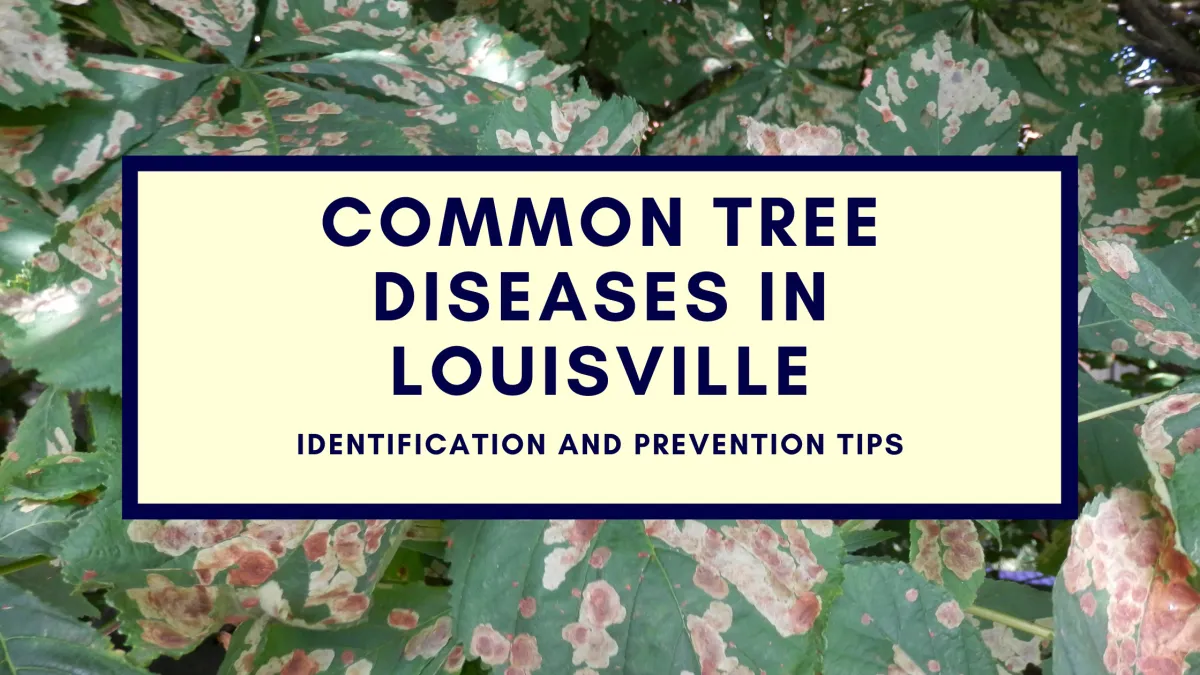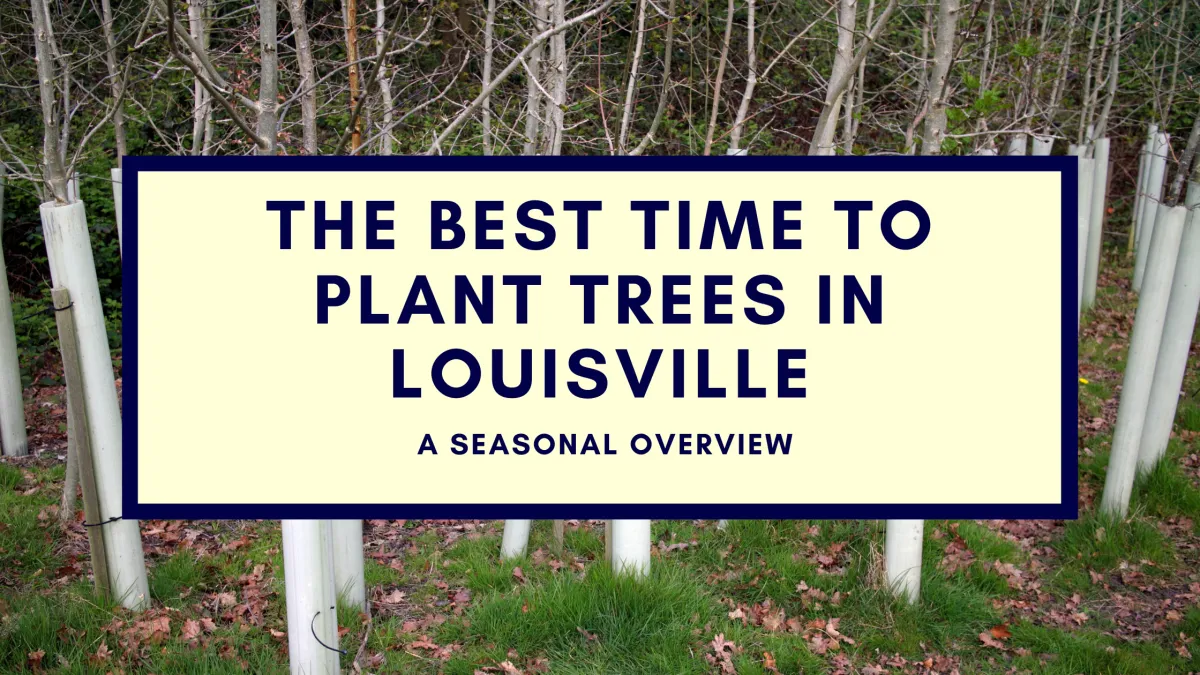
Apex Pros
Plant Health Care Blog Articles
Welcome to our dedicated plant health resource center. As local arborist experts, we provide easy to read articles focused on the specialized care, preservation, and management of trees in our unique Kentucky climate. Here, you'll find essential advice on everything from routine tree inspections and disease prevention to expert pruning techniques and seasonal maintenance. Our goal is to empower you with the knowledge to protect and enhance the longevity and beauty of your trees and plants, ensuring they remain robust and healthy through every season. Let's enhance the health of your trees together!
Apex Pros
Plant Health Care Blog Articles
Welcome to our dedicated plant health resource center. As local arborist experts, we provide easy to read articles focused on the specialized care, preservation, and management of trees in our unique Kentucky climate. Here, you'll find essential advice on everything from routine tree inspections and disease prevention to expert pruning techniques and seasonal maintenance. Our goal is to empower you with the knowledge to protect and enhance the longevity and beauty of your trees and plants, ensuring they remain robust and healthy through every season. Let's enhance the health of your trees together!
The Essential Role of Arborists in Urban Forestry: A Case Study of Louisville
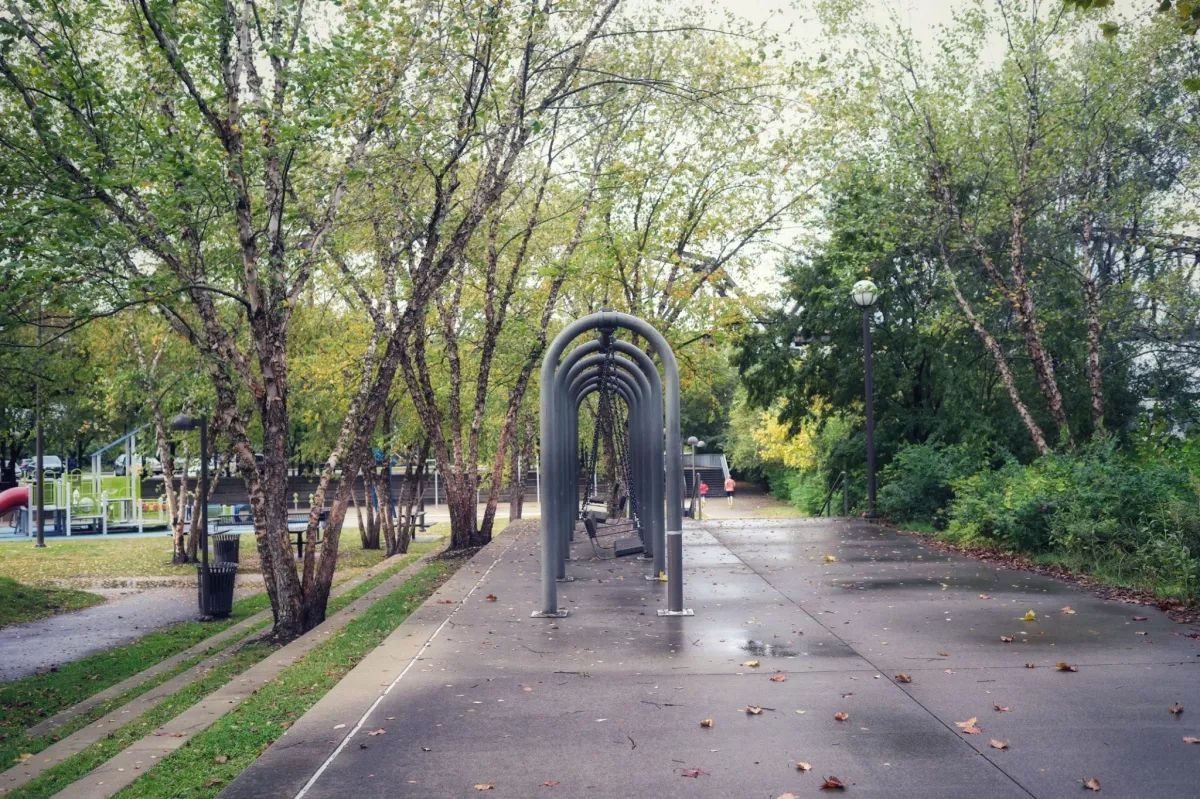
Urban forestry, a critical component of city planning, focuses on the management and conservation of trees within urban environments. In cities like Louisville, urban forestry is instrumental in enhancing the city's aesthetic appeal, improving air quality, and providing numerous ecological benefits. At the heart of this practice are arborists, professionals trained in the science of planting, caring for, and maintaining trees. This article explores the vital role of arborists in urban forestry, their impact on maintaining urban and suburban forests, and how urban forestry influences a city like Louisville.
Common Tree Diseases in Louisville, KY: Identification and Prevention Tips
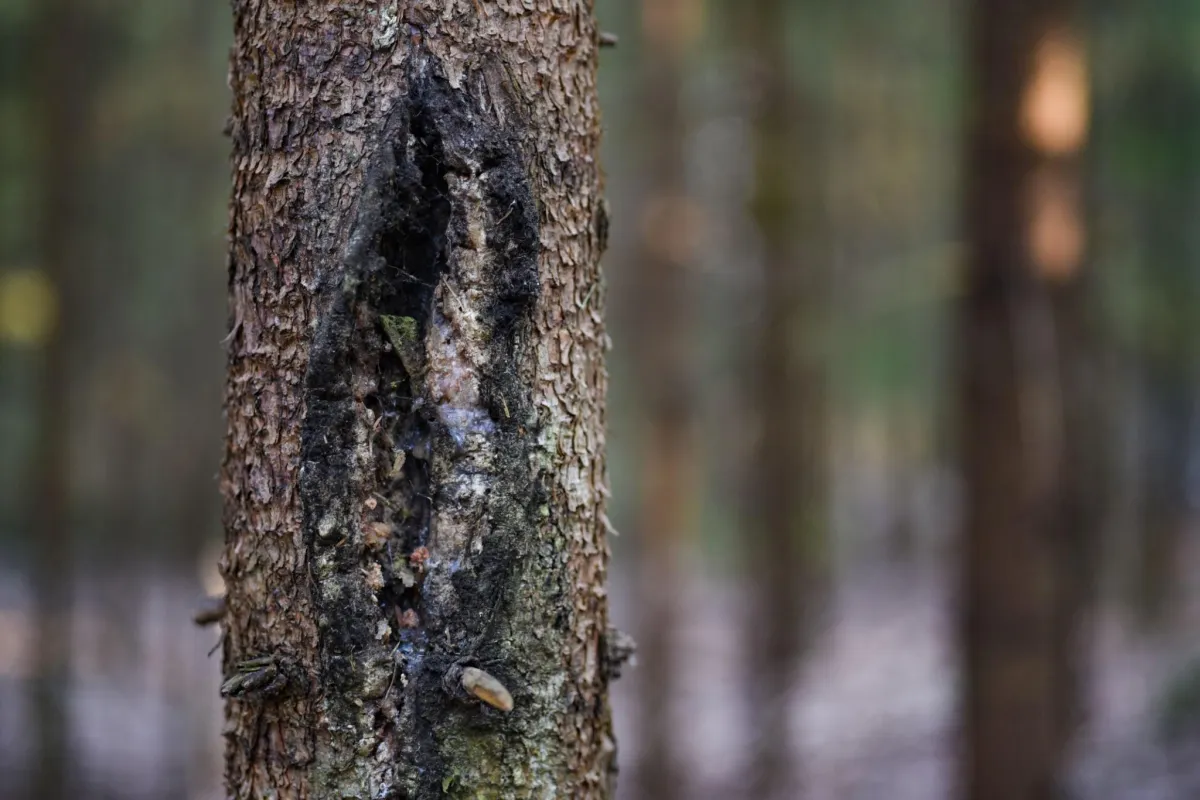
Louisville is home to a wide variety of beautiful trees, from the stately oak to the picturesque dogwood. However, these trees can be susceptible to several common diseases that can compromise their health and longevity. By understanding these diseases and implementing effective prevention strategies, homeowners and gardening enthusiasts can help maintain the health of their landscape. Here, we’ll explore some of the most prevalent tree diseases in Louisville and offer practical tips for preventing them.
Apple Scab
Apple Scab primarily affects crabapple and apple trees, which are common in Louisville's residential areas. It is caused by the fungus Venturia inaequalis. The most noticeable symptoms include olive-green to dark brown spots on leaves, which can cause them to yellow and drop prematurely. Fruit may also show similar spots and become deformed.
The Essential Guide to Regular Tree Pruning in Louisville, KY
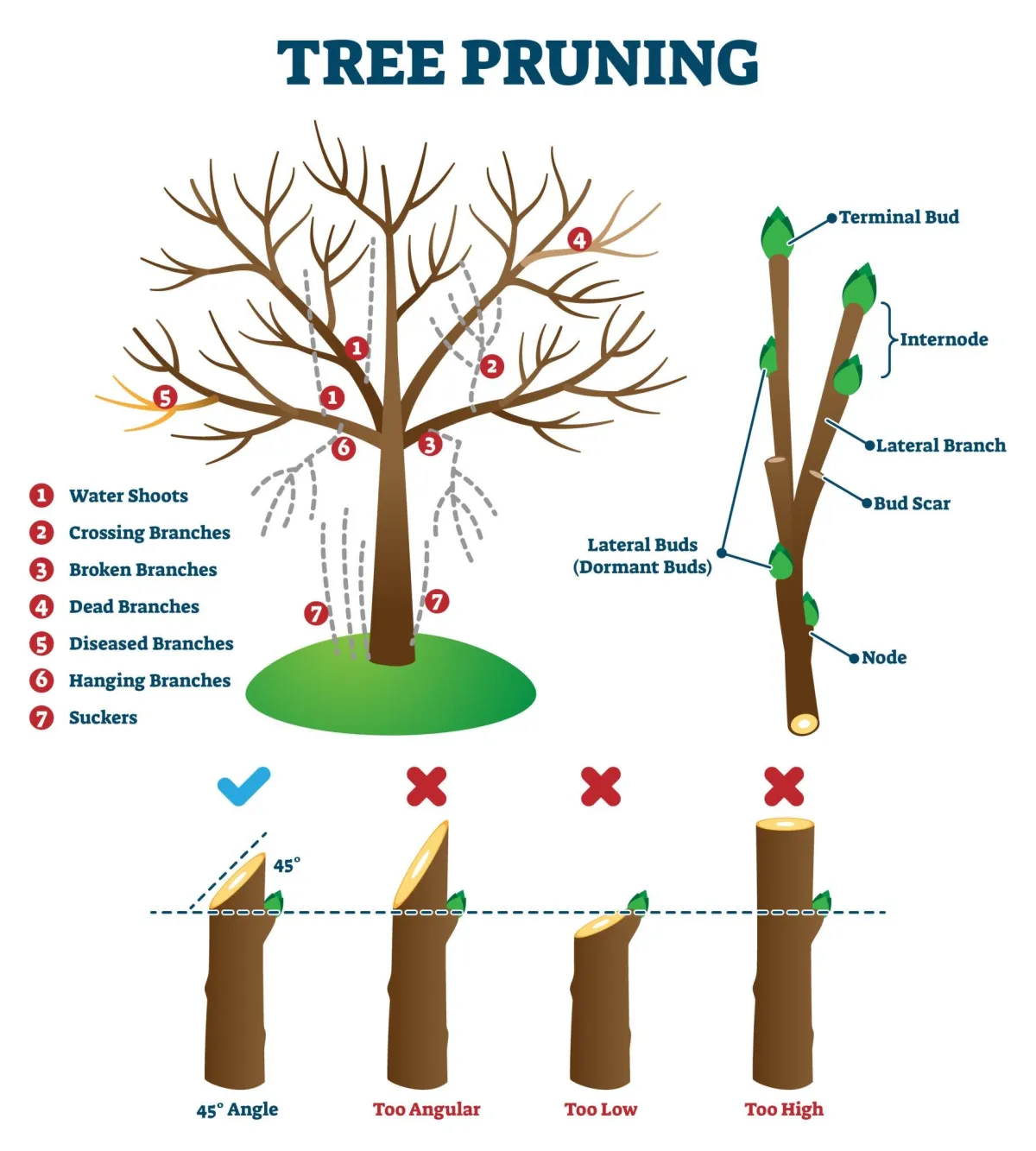
Tree pruning is a crucial part of maintaining the health, safety, and aesthetics of your trees, particularly in an urban environment like Louisville. Pruning involves the selective removal of certain parts of a tree, such as branches, buds, or roots. It’s not just about shaping trees to enhance their beauty; it's a vital procedure to ensure their long-term vitality and structural integrity. Here’s a detailed look at the process and benefits of regular tree pruning.
Assessment
Before any cuts are made, a thorough assessment of the tree's health and structure is necessary. This includes checking for signs of disease, pest infestation, and general tree vigor. Arborists also consider the tree’s age, the time of year, and its species-specific needs.

Tree Preservation Laws in Louisville: What You Need to Know
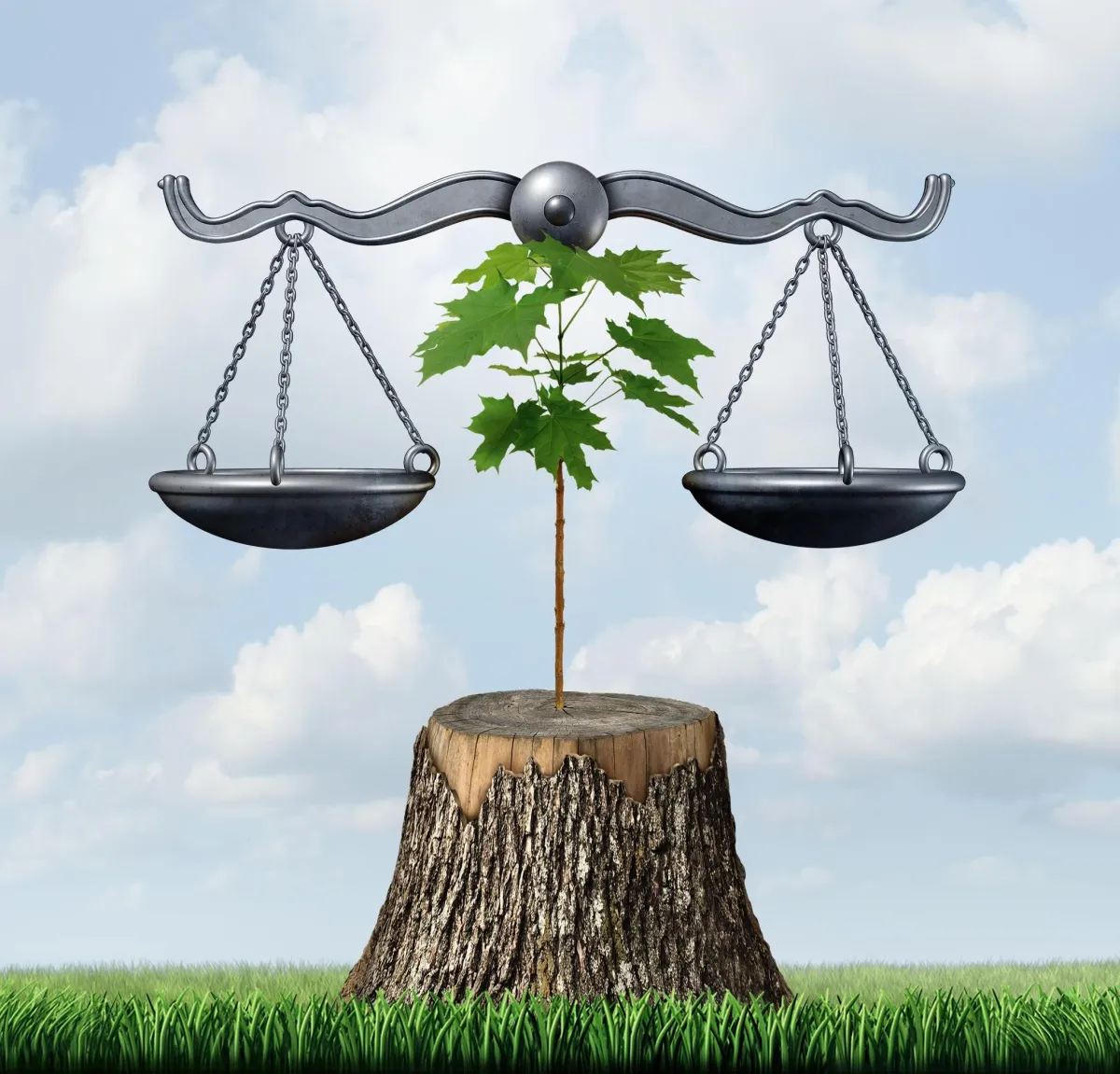
Understanding local tree preservation laws is crucial for homeowners, developers, and anyone involved in property management. These laws help protect the city's urban forest, ensuring that trees are maintained and preserved for future generations. Here's a comprehensive guide to what you need to know about tree preservation laws in Louisville, Kentucky.
Tree Removal Permits
In Louisville, a permit is required to remove any tree that is located on public property or within certain protected zones. This includes trees on street right-of-ways and in public parks. Homeowners and developers must apply for a permit through the Louisville Metro Government before proceeding with any tree removal.
The Best Time to Plant Trees in Louisville: A Seasonal Overview
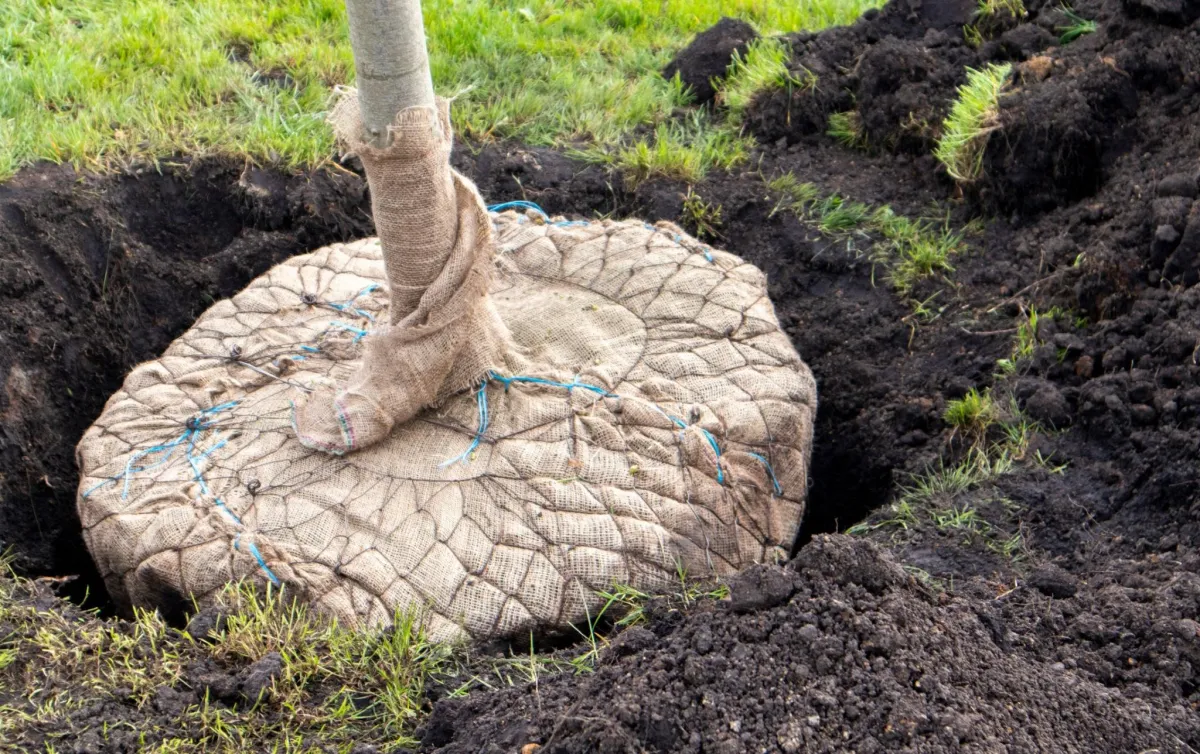
Planting trees is a rewarding endeavor, offering benefits ranging from enhanced property value to improved air quality. However, to maximize these benefits, it's crucial to plant trees at the right time. In Louisville, KY, the timing of tree planting can significantly affect their establishment and growth.
Understanding Louisville's climate
Louisville experiences a humid subtropical climate, characterized by hot summers, mild winters, and significant rainfall throughout the year. These conditions influence the optimal planting times for different types of trees. Generally, the best time to plant trees in Louisville falls into two primary seasons: spring and fall.
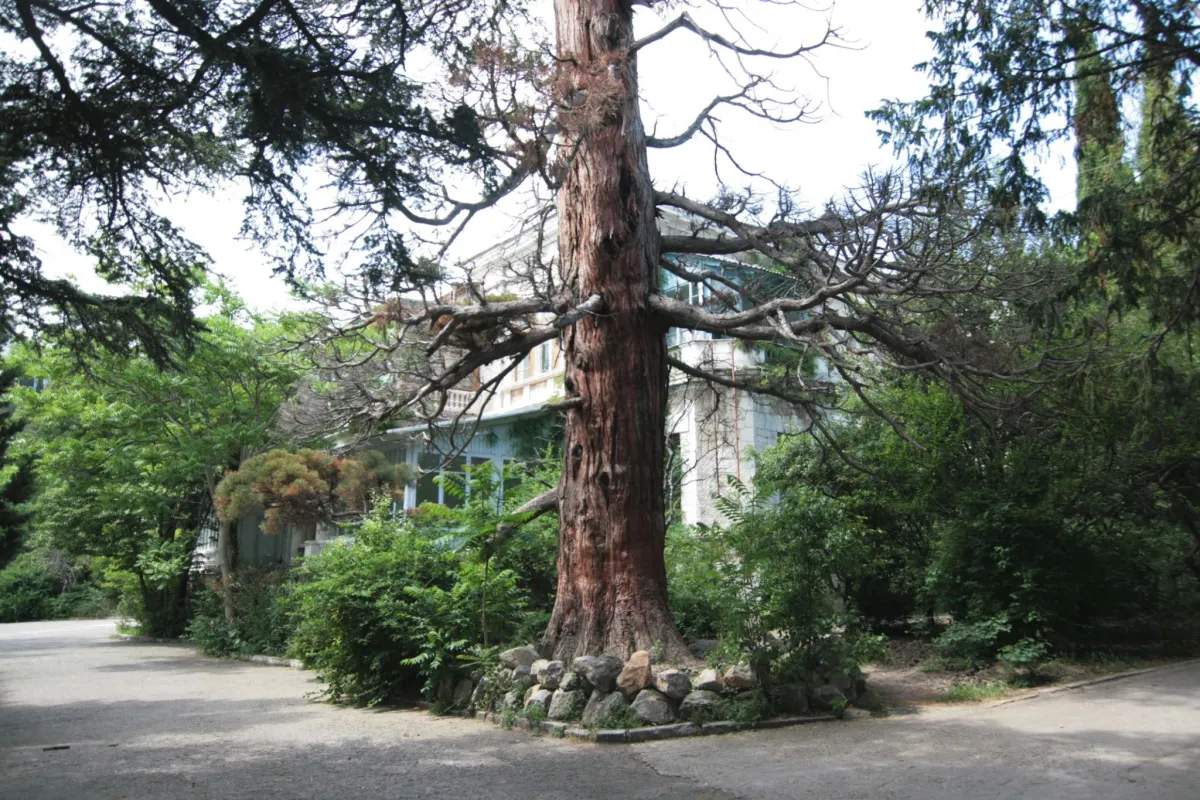
How to Identify Hazardous Trees: A Louisville Homeowner’s Guide

Trees are an integral part of Louisville’s landscape, offering shade, beauty, and ecological benefits. However, when trees become hazardous, they pose significant risks to property and personal safety. Identifying these risks early can prevent accidents and ensure the health and longevity of your trees. This guide will help you recognize the signs of hazardous trees and provide tips for maintaining tree health.
What is a Hazardous Tree?
A hazardous tree is one that poses a potential risk to people or property. These trees may have structural weaknesses, diseases, or other conditions that increase the likelihood of branches breaking off or the entire tree falling.
How to Improve Soil Health in Louisville for Better Plant Growth
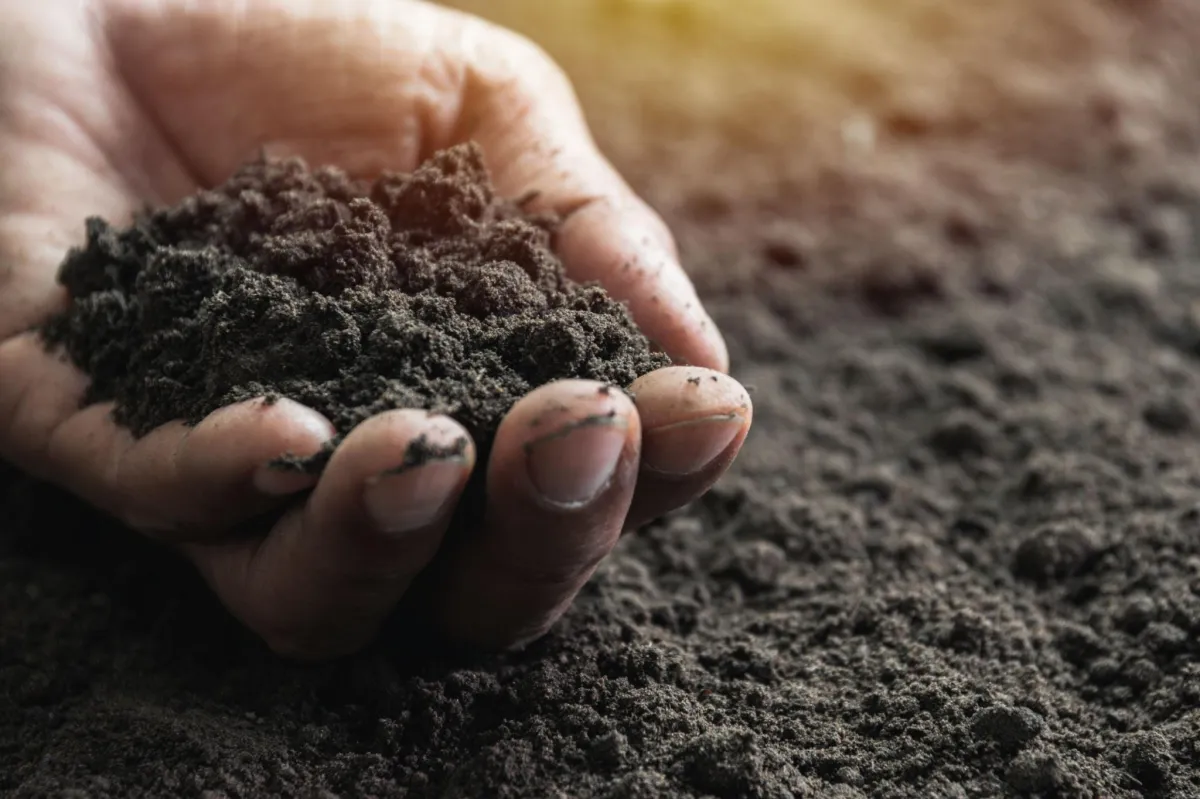
Maintaining healthy soil is crucial for thriving plants, whether you're tending to a small garden or managing larger landscapes. This brief guide will provide you with some knowledge and techniques necessary to enhance soil health and promote better plant growth.
What is Soil Health?
Soil health refers to the soil's ability to sustain plant and animal productivity, maintain or enhance water and air quality, and support human health and habitation. Healthy soil is rich in nutrients, has a good structure, supports biodiversity, and maintains proper moisture levels. Healthy soil typically has a dark, crumbly texture and is loaded with diverse organic matter. It should drain well but retain moisture and support robust plant growth.
Smart Gardening: Leveraging Technology for Plant Health in Louisville
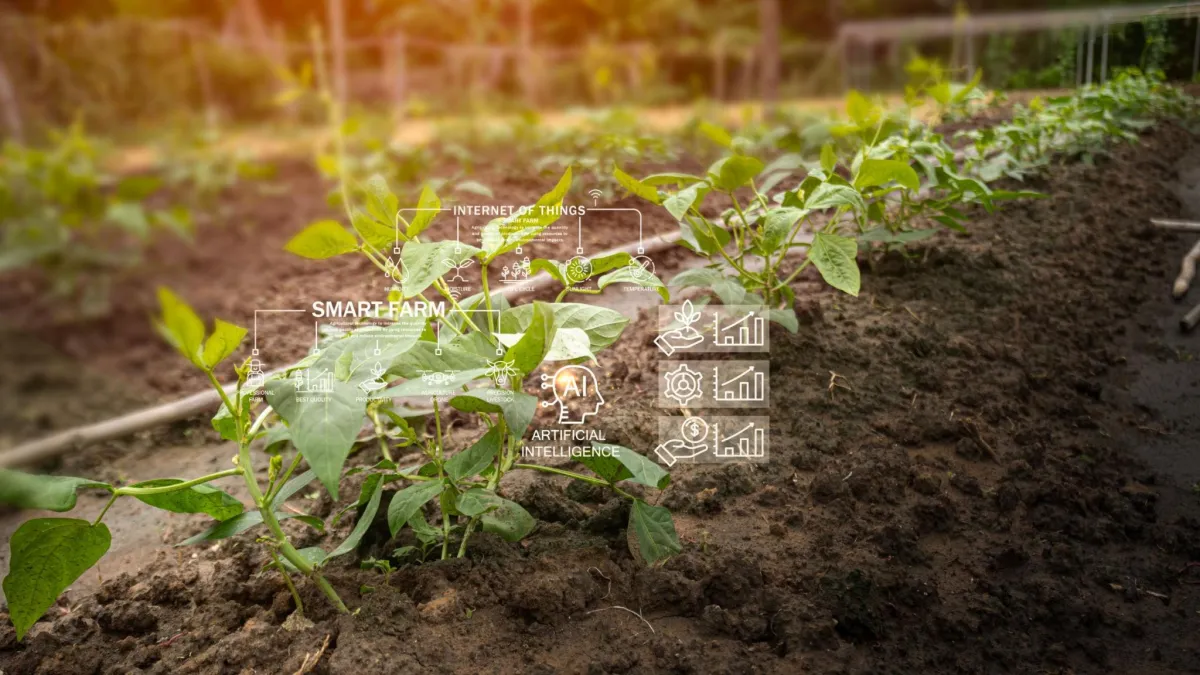
As technology continues to advance, it’s finding its way into every aspect of our lives, including our gardens. In Louisville, where the climate and soil conditions present unique challenges, smart gardening tools are transforming how we care for plants. This integration of technology and horticulture, known as smart gardening, allows homeowners and gardeners to monitor and manage their plants’ health more efficiently and effectively.
The Benefits of Smart Gardening
Louisville’s humid subtropical climate, characterized by hot summers, mild winters, and varying rainfall, demands a nuanced approach to gardening. Smart gardening tools provide a tailored solution by offering real-time data and automated processes that cater to the specific needs of plants in this region.
The Role of Native Pollinators in Louisville Gardens and How to Support Them
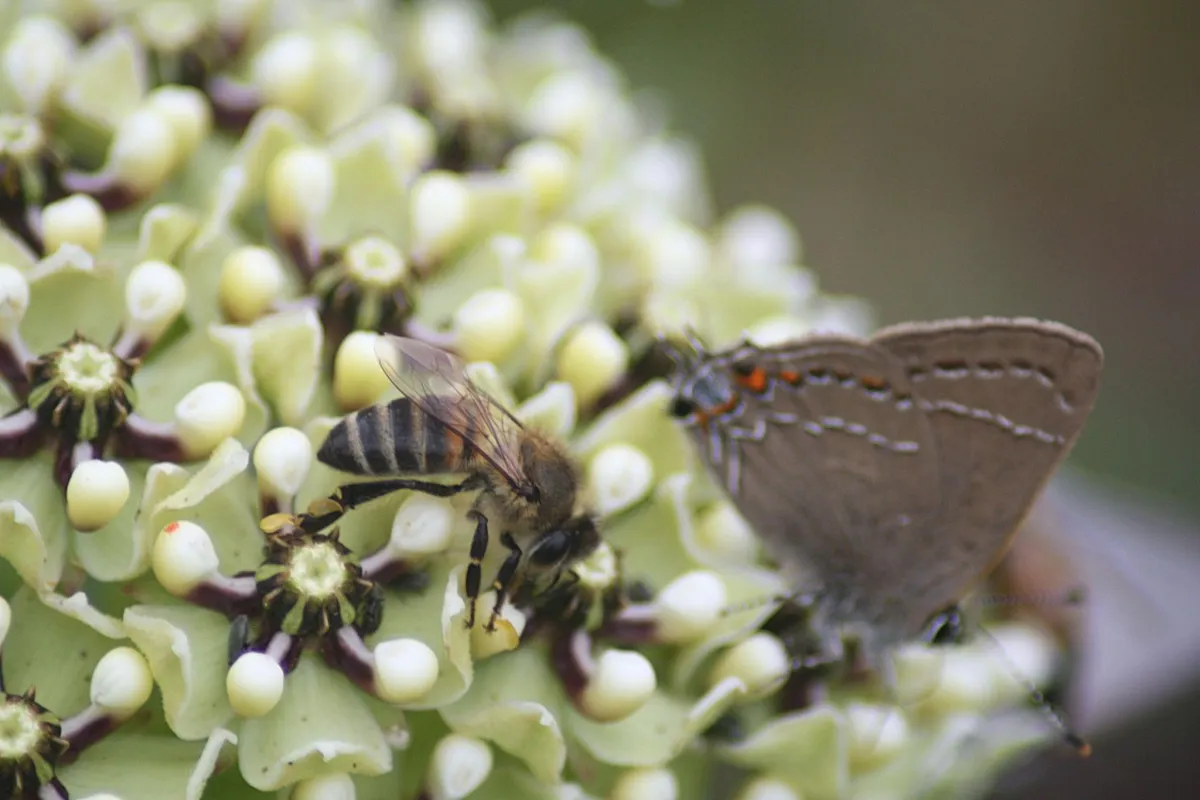
Louisville's lush landscapes are a haven for gardeners and nature enthusiasts. However, the vibrancy of our gardens and the health of our ecosystems hinge on an often-overlooked group of creatures: native pollinators. From the industrious bees to the graceful butterflies, these tiny powerhouses are essential for the pollination of many plants, including fruits, vegetables, and ornamental flowers.
What Are Native Pollinators?
Native pollinators include a wide range of species that have co-evolved with the local plants in Louisville and the broader Kentucky region. These pollinators are not just limited to bees; they also include butterflies, moths, beetles, flies, and even certain bird species like hummingbirds. Unlike non-native pollinators, these species are specifically adapted to the local environment and have developed relationships with native plants, making them crucial for the health of our ecosystems.
The Importance of Fall Pruning in Louisville: What Trees Benefit the Most?
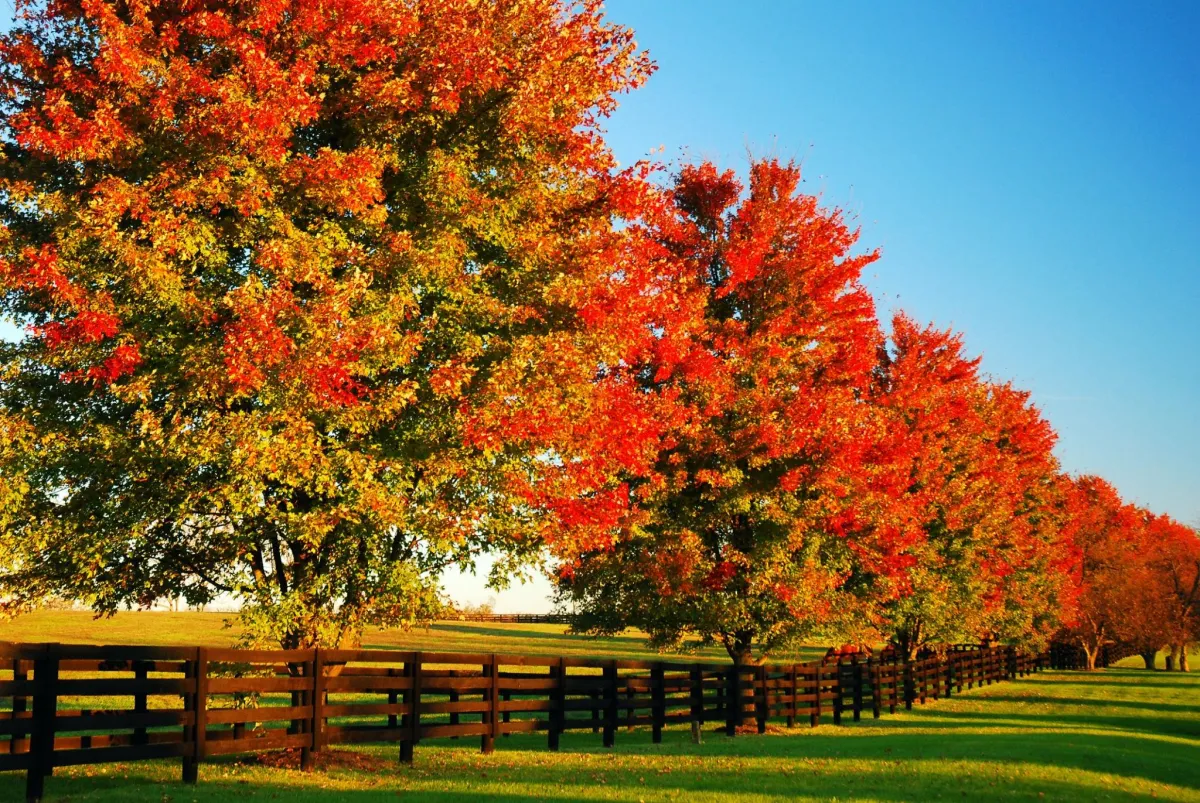
Fall is a critical time for tree maintenance, particularly when it comes to pruning. In Louisville, Kentucky, where the climate presents unique challenges and opportunities for tree care, fall pruning plays a key role in keeping your trees healthy and beautiful. Pruning isn’t just about aesthetics; it’s about maintaining the vitality and longevity of your trees. In this article, we will explore why fall pruning is essential, which local tree species benefit the most, and how proper pruning practices can promote healthier growth year-round.
Why Fall Pruning Matters in Louisville
Louisville’s humid subtropical climate, characterized by hot summers, mild winters, and varying rainfall, demands a nuanced approach to gardening. Smart gardening tools provide a tailored solution by offering real-time data and automated processes that cater to the specific needs of plants in this region.
Fall Foliage Favorites: Best Trees and Shrubs for Stunning Autumn Colors in Louisville
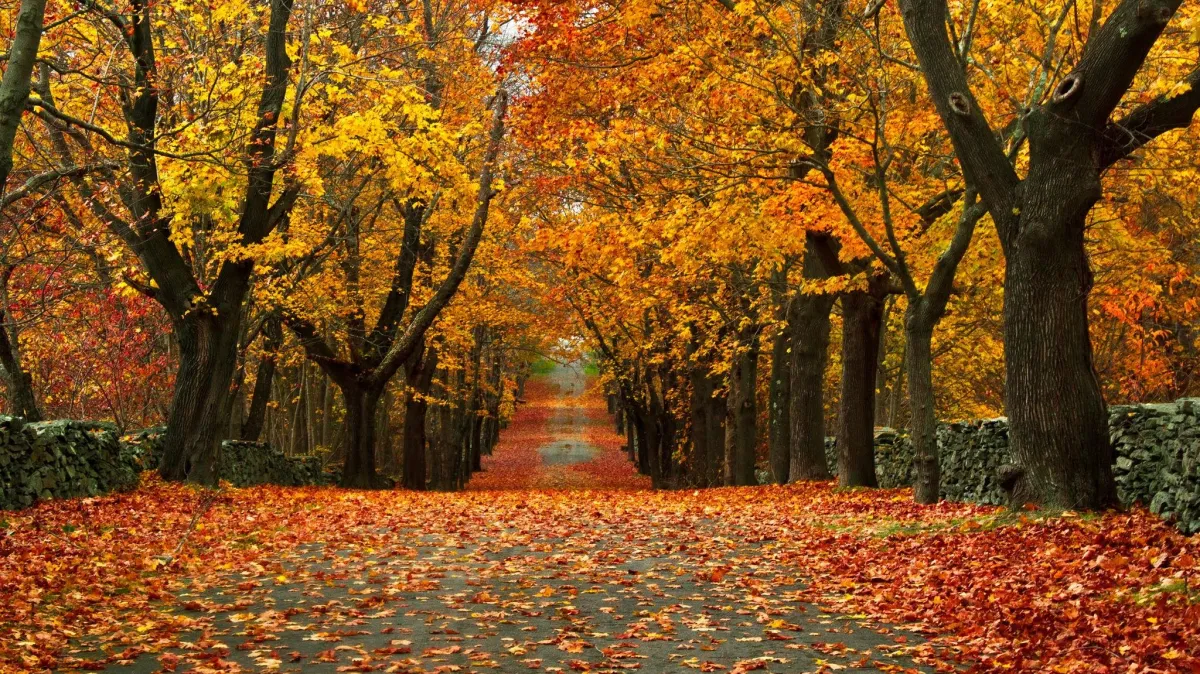
Louisville's diverse landscape provides a stunning backdrop for autumnal colors. If you're looking to add a touch of seasonal beauty to your yard, consider planting these trees and shrubs that are renowned for their spectacular fall colors.
Trees with the most vibrant foliage
Red Maple (Acer rubrum)
This native tree is a popular choice for its brilliant red fall foliage. It thrives in a variety of soil conditions and can grow to be quite large. Red maples are commonly found in Louisville parks and forests, adding a splash of color to the cityscape.
Preventing Tree Diseases in Louisville: Fall Inspection and Care Tips
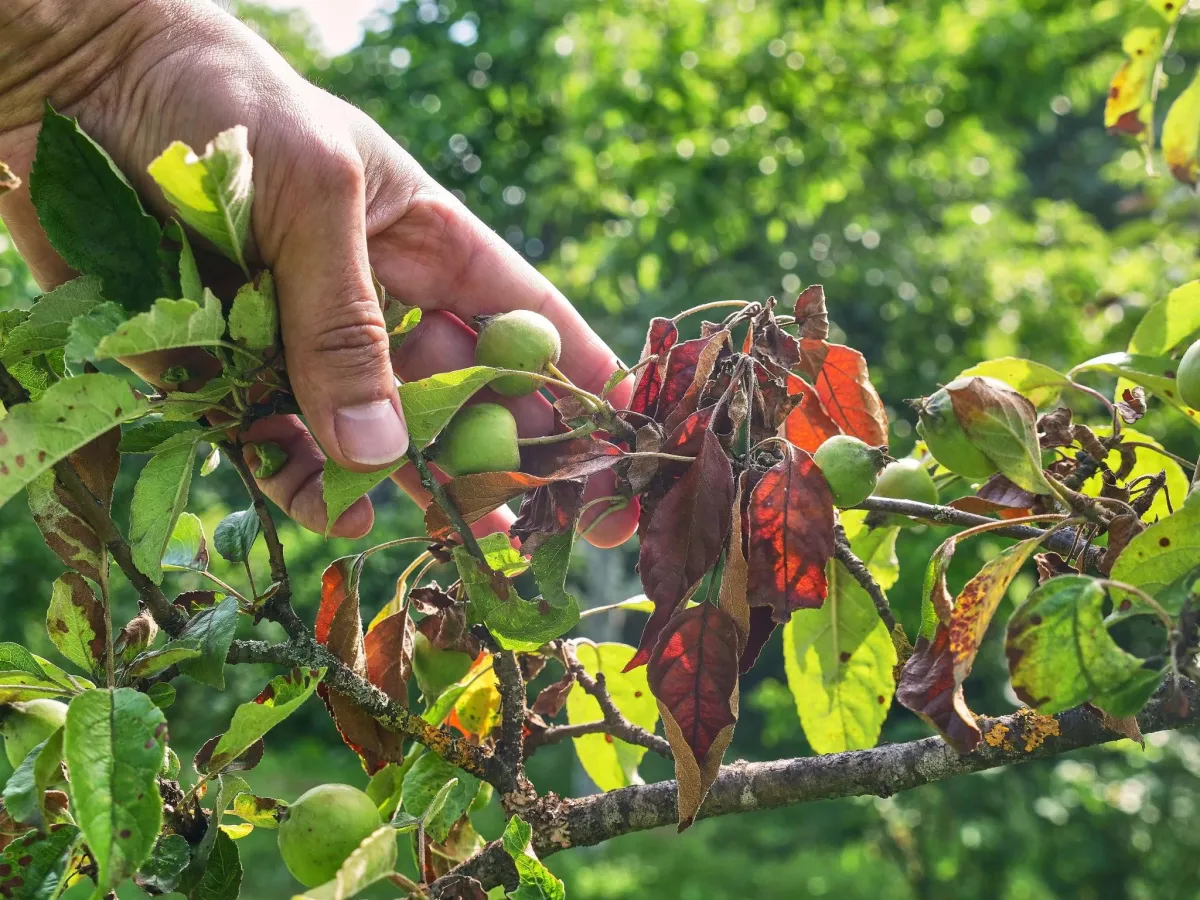
As the leaves change and temperatures drop, Louisville trees enter a critical transition period. Fall is not just the season of vibrant foliage—it’s also the perfect time to inspect your trees and prepare them to resist diseases through the winter and into the following spring. Trees stressed by improper care or pest infestations are more susceptible to diseases like canker, root rot, or powdery mildew. With a little planning and a detailed fall inspection, you can help your trees thrive in the long run.
In this article, we’ll walk through essential fall inspection and care steps to prevent tree diseases in Louisville, along with some local considerations. Whether you're a homeowner, business owner, or gardening enthusiast, these tips will guide you in keeping your trees healthy.
Annual Tree Health Inspections: A Lifeline for Long-Lived Trees
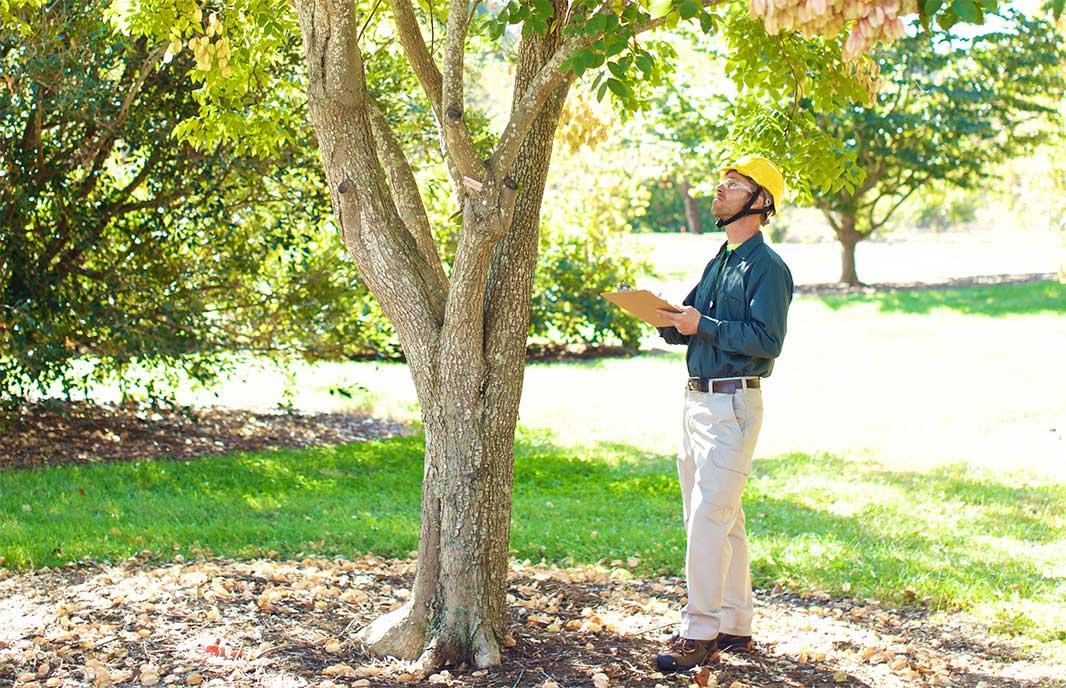
Do you ever wonder if your trees are silently struggling? Annual tree health inspections aren’t just another garden chore—they could be the key to saving your trees from disease, pests, and unpredictable weather. Just like visiting the doctor for a yearly check-up, your trees need attention to thrive for decades. In this post, we’ll explore the benefits of regular inspections, what they entail, and how they can save you money (and heartbreak) in the long run.
The Problem: Why Neglected Trees Decline
Ignoring tree health can lead to hidden dangers. Trees, much like people, often show subtle signs of distress long before the problem becomes obvious. Dead branches, early leaf shedding, or discolored bark can indicate underlying issues like pests, disease, or poor soil health. Without inspections, these problems may worsen
Save Your Favorite Oak from Disease Before It’s Too Late
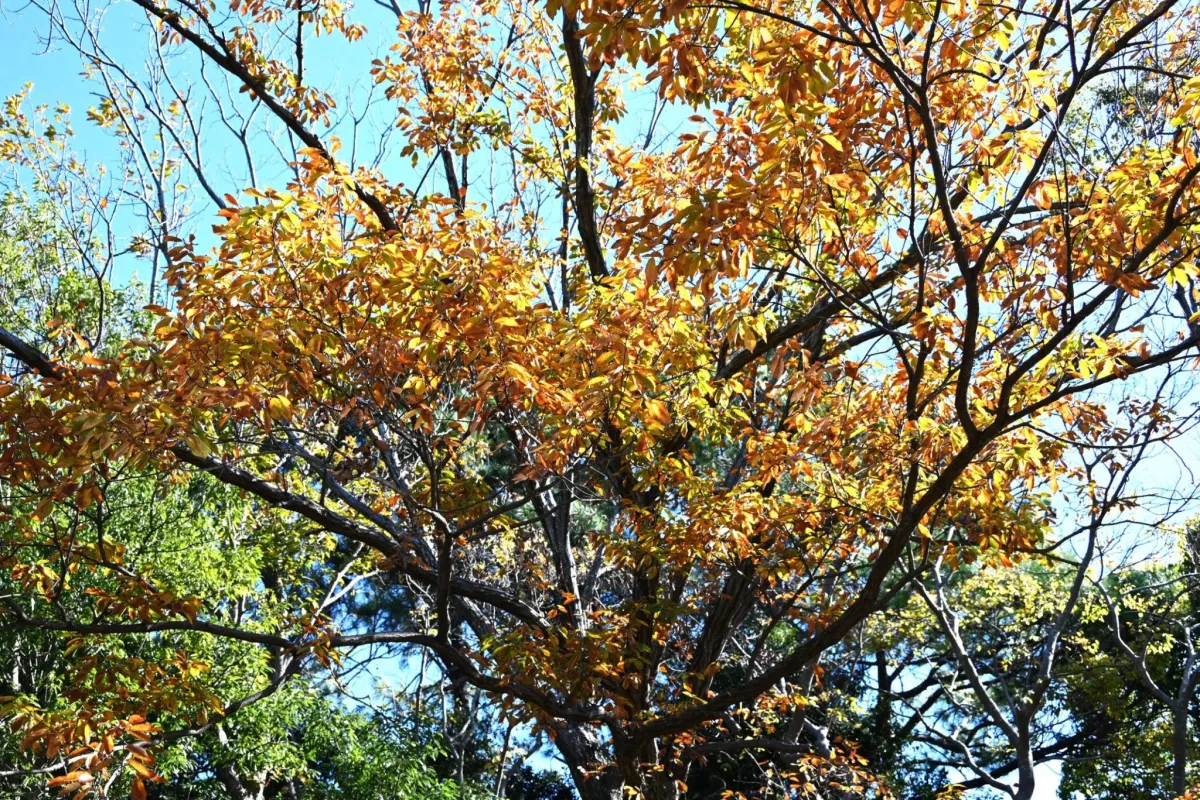
Oak trees are strong and beautiful, bringing shade and life to your yard. But just like any living thing, they can get sick. Disease can spread quickly if it’s not noticed in time, leading to major damage and even killing the tree. To keep your oak safe and healthy, it’s important to recognize the early signs of trouble and take action.
Why Healthy Oak Trees Matter
A big, healthy oak tree brings much more to your yard than just beauty. Oaks are incredibly valuable—they provide cooling shade in the summer, shelter for local wildlife, and a natural boost to property value. A mature oak in good health can add as much as $1,000 to $10,000 to a home’s market value, with larger, well-maintained oaks often worth even more.
Understanding Soil Chemistry and How It Impacts Tree Health
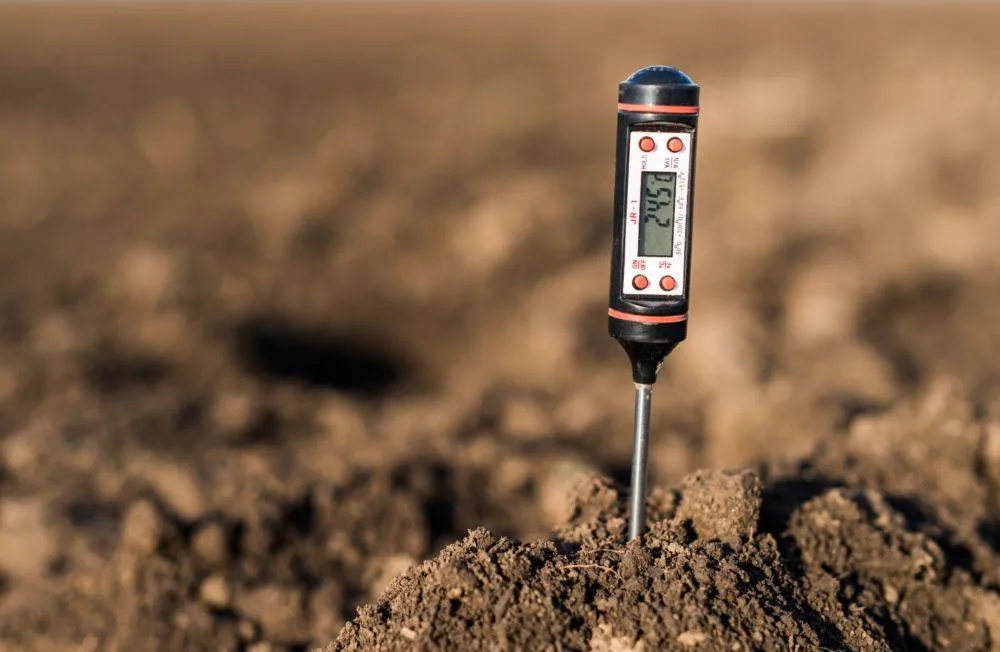
Soil is the foundation of all plant life, and understanding its chemistry is essential for maintaining healthy trees. This guide will delve into the components of soil chemistry, how they interact, and their effect on tree health, especially in Louisville, KY.
What is Soil Chemistry?
Soil chemistry refers to the chemical composition of soil, including its nutrients, pH levels, organic matter, and mineral content. These factors collectively determine the fertility of the soil and its ability to support plant growth
How to Reinforce Trees Before Winter Storms
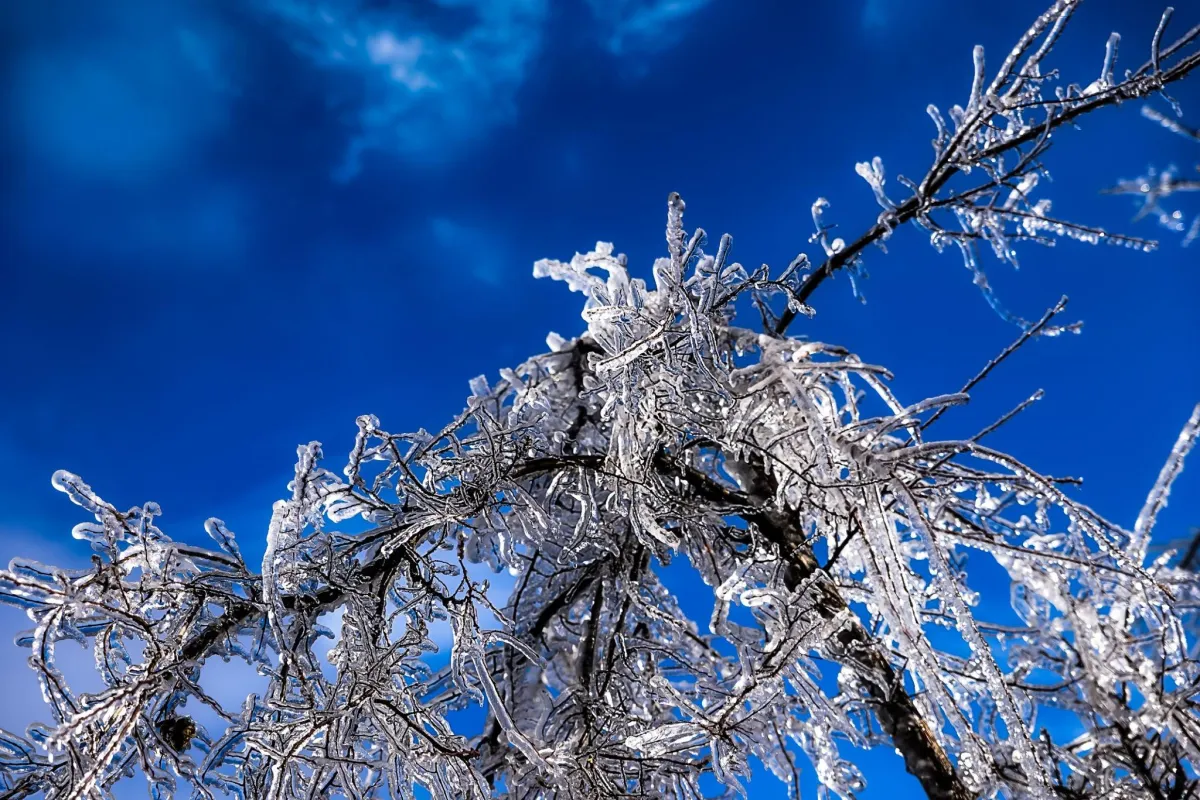
Winter storms can be tough on trees, causing branches to break, trees to fall, and even damaging property. But with a little preparation, you can help your trees survive the cold and storms. In this guide, we’ll cover easy and effective ways to protect your trees from winter weather, ensuring they stay strong and healthy.
Why Winter Storm Preparation Matters
Winter storms bring heavy snow, strong winds, and icy conditions. All of these can put a lot of stress on your trees. If a tree is weak or damaged, it might lose branches, fall over, or even die. Preparing your trees helps them stand strong during storms, reduces the risk of property damage, and ensures their health for years to come.
Comparing Home DIY Fertilizers to Professional Treatments: Are You Saving or Hurting?
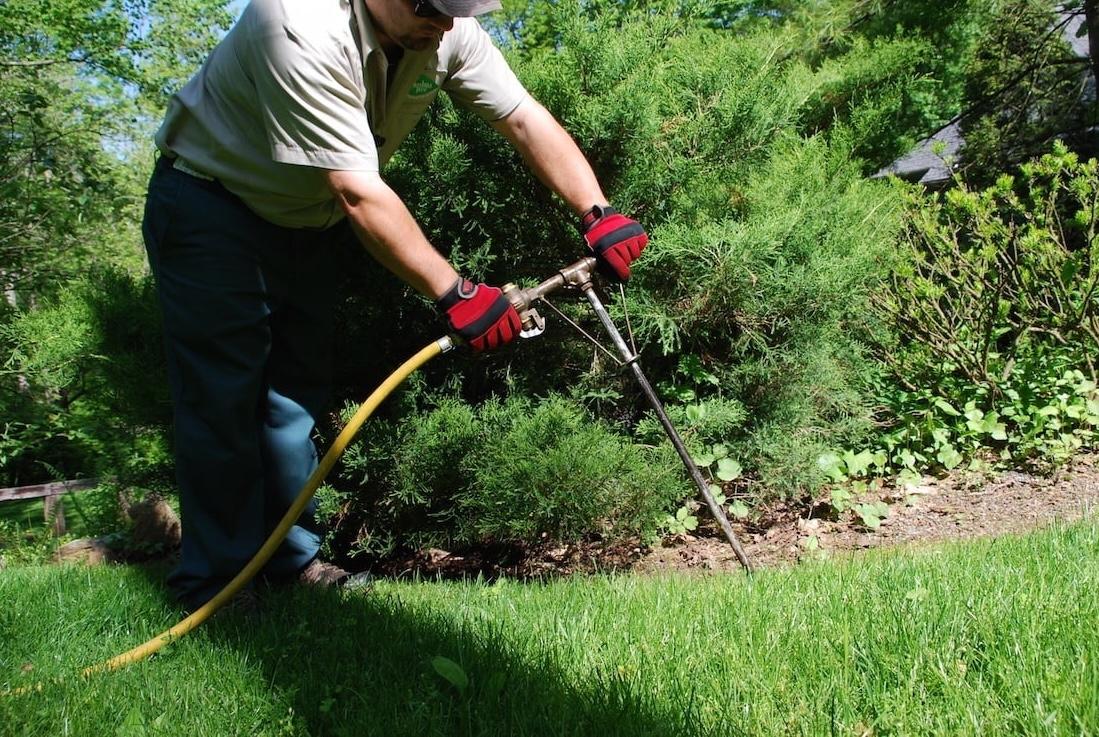
Fertilizing your lawn, trees, and plants helps them grow strong and healthy. Many homeowners like using DIY fertilizers because they seem easy and cheap. But are homemade fertilizers really helping your plants, or could they be doing harm? How do they compare to professional treatments? Let’s explore the differences and find out if DIY is a good idea or if professional help is worth it.
When Is It Too Late to Save a Storm-Damaged Tree?
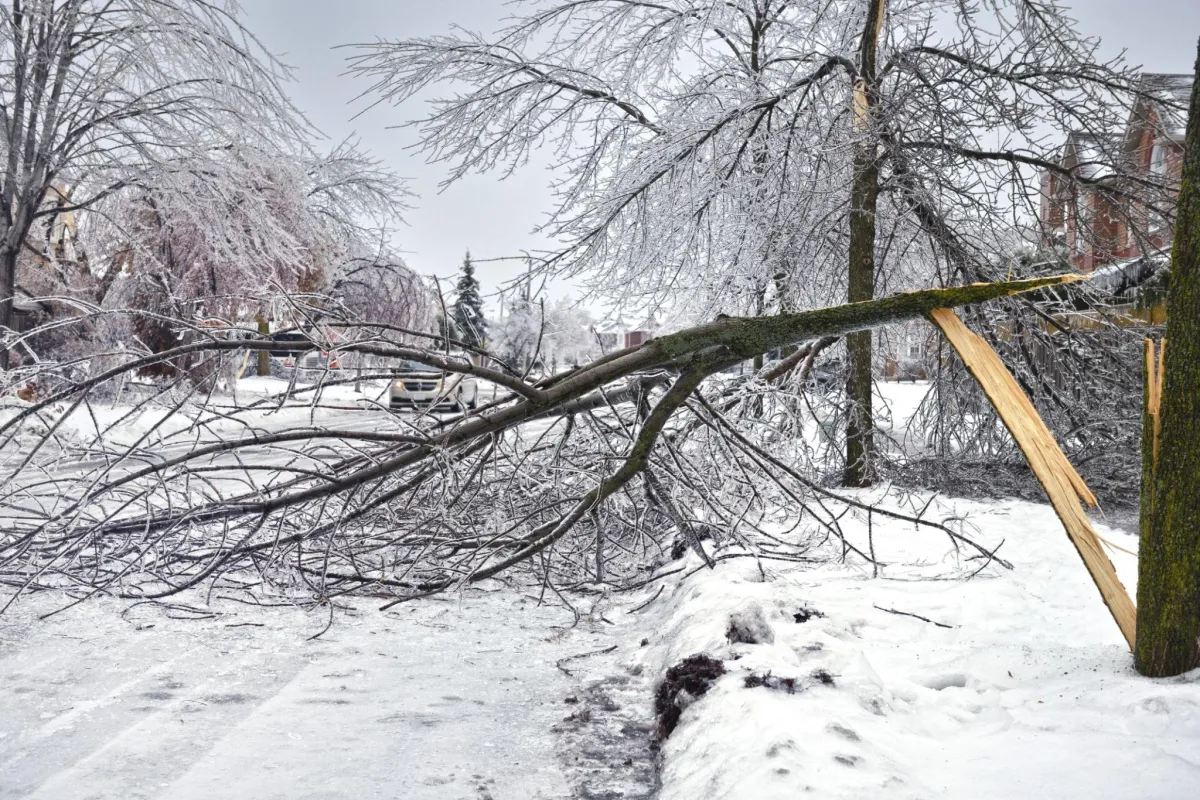
Storms can cause devastating damage to trees, leaving homeowners wondering whether their beloved trees can be saved or if it's time to say goodbye. While trees are incredibly resilient, there comes a point where damage is too severe for recovery. Knowing when it’s too late can save time, money, and prevent potential hazards. This article will guide you through assessing damage, understanding recovery chances, and making the right decisions for your storm-damaged trees.
The Invasion Story: How Emerald Ash Borer Took Over KY’s Trees
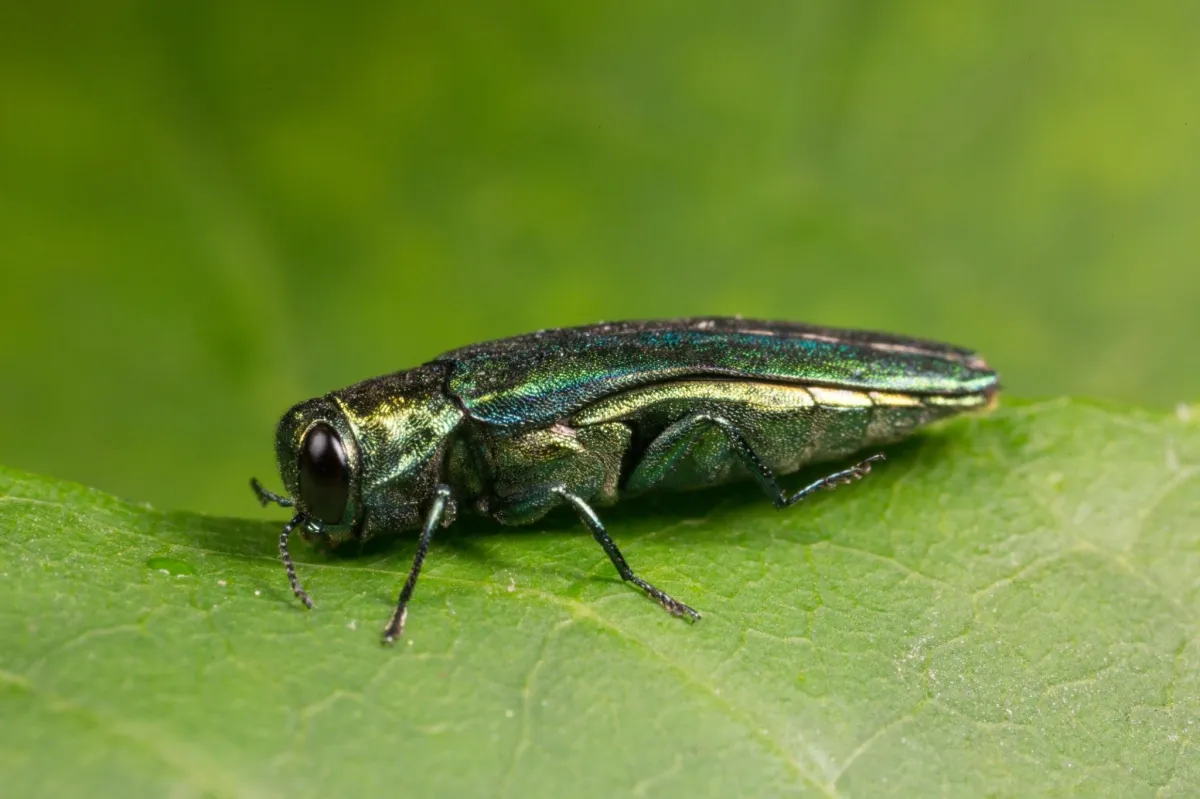
The emerald ash borer (EAB), a tiny, metallic-green beetle, has created a massive ecological crisis in Kentucky. Native to Asia, this invasive pest has wreaked havoc on ash trees across North America since it was first discovered in Michigan in 2002. By the time it made its way to Kentucky, the damage was already devastating. The beetle targets ash trees, leading to their decline and eventual death if untreated.

Written By: Author
Brief author description goes here. harum ducimus cupiditate similique quisquam et deserunt, recusandae.





Up Next >
Up Next >
Contact Us
Service Hours
Social Media
Looking for landscaping, lawn care, or other home services?

Contact Us
+1 502-483-0511
Prospect, Louisville, KY 40222
Service Hours
Mon- Fri: 9am - 5pm
Sat & Sun: Appt Only
Social Media

2026 | Apex Pros | Rights Reserved
